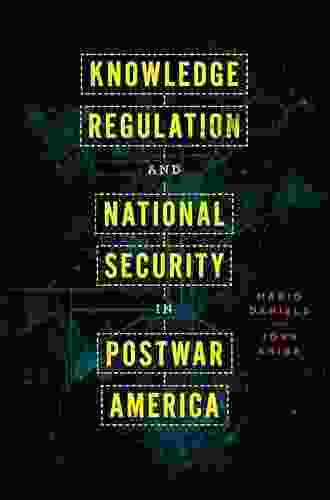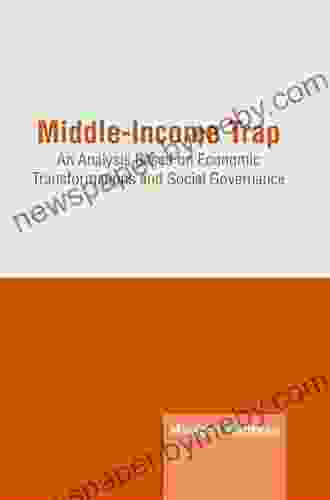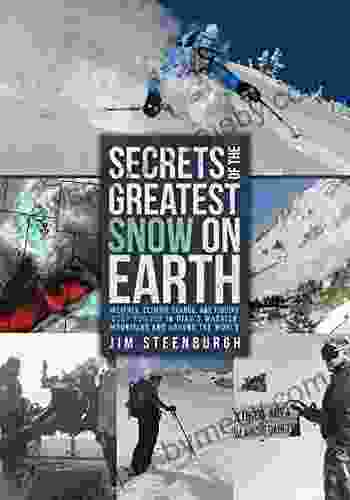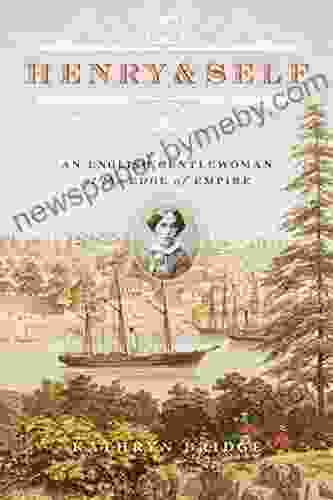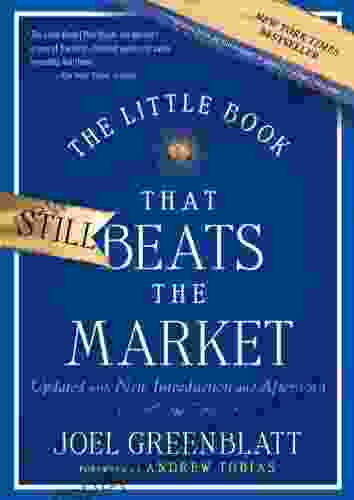Knowledge Regulation and National Security in Postwar America

In the aftermath of World War II, the United States emerged as a global superpower, facing unprecedented challenges and opportunities. One of the most pressing issues of the time was the tension between the need for scientific and technological advancement and the imperative to safeguard national security.
4.5 out of 5
| Language | : | English |
| File size | : | 3349 KB |
| Text-to-Speech | : | Enabled |
| Enhanced typesetting | : | Enabled |
| Word Wise | : | Enabled |
| Print length | : | 450 pages |
| Lending | : | Enabled |
| Screen Reader | : | Supported |
This tension gave rise to a complex system of knowledge regulation that sought to balance these competing demands. The government implemented a range of measures, including:
- Classification of information: Government documents and information were classified into different levels of secrecy, from "Confidential" to "Top Secret," restricting access only to those with the appropriate clearances.
- Security clearances: Individuals seeking access to classified information underwent rigorous background checks and investigations to ensure their loyalty and reliability.
- Export controls: The government regulated the sale and sharing of scientific and technological knowledge with other countries, especially those considered potential adversaries.
These measures aimed to prevent the dissemination of sensitive information that could compromise national security. However, they also raised concerns about infringing on academic freedom, inhibiting scientific progress, and fostering a climate of secrecy and distrust.
The Espionage Act and Scientific Research
One of the most controversial aspects of knowledge regulation was the Espionage Act of 1917. This law made it a crime to obtain, transmit, or possess information related to national defense without authorization. In the postwar era, the Espionage Act was used to prosecute scientists and researchers who shared their findings with colleagues abroad or published papers that contained information deemed sensitive.
The application of the Espionage Act to scientific research had a chilling effect on academic freedom. Scientists feared that their work could be misconstrued as espionage, hindering the exchange of ideas and collaboration with international colleagues. It also discouraged open discussion and publication of research findings, which is essential for scientific progress.
The Cold War and the Military-Industrial Complex
The Cold War between the United States and the Soviet Union intensified the pressures on knowledge regulation. The government prioritized scientific and technological advancements that could enhance its military capabilities. This led to the creation of a "military-industrial complex," where government funding poured into research and development in fields such as nuclear energy, aerospace, and electronics.
The military-industrial complex had a profound impact on knowledge regulation. The government became more actively involved in directing scientific research, often steering it towards military applications. This raised concerns about the commercialization of science and the potential for scientific knowledge to be used for destructive purposes.
Challenges and Legacy
The system of knowledge regulation in postwar America was fraught with challenges. It struggled to strike the right balance between national security and academic freedom. The Espionage Act and export controls hampered scientific progress and hindered collaboration. The military-industrial complex raised ethical concerns about the use of science for military purposes.
Despite its challenges, the system of knowledge regulation also had some positive effects. It helped to protect sensitive information from falling into the wrong hands. It fostered a sense of urgency and innovation within the scientific community, driving advancements that benefited both national security and civilian life.
The legacy of knowledge regulation in postwar America continues to shape the discourse around national security and scientific research today. It raises important questions about the role of government in regulating knowledge, the balance between secrecy and transparency, and the ethical implications of scientific advancements.
Free Download the Book
To delve deeper into the fascinating world of knowledge regulation and national security in postwar America, Free Download your copy of the book, "Knowledge Regulation and National Security in Postwar America," now. This comprehensive volume explores the historical context, legal frameworks, and social implications of this complex issue. It offers a nuanced and insightful analysis that will captivate historians, policymakers, and anyone interested in the intersection of science, security, and society.
Free Download your copy today!
4.5 out of 5
| Language | : | English |
| File size | : | 3349 KB |
| Text-to-Speech | : | Enabled |
| Enhanced typesetting | : | Enabled |
| Word Wise | : | Enabled |
| Print length | : | 450 pages |
| Lending | : | Enabled |
| Screen Reader | : | Supported |
Do you want to contribute by writing guest posts on this blog?
Please contact us and send us a resume of previous articles that you have written.
 Book
Book Novel
Novel Page
Page Chapter
Chapter Text
Text Story
Story Genre
Genre Reader
Reader Library
Library Paperback
Paperback E-book
E-book Magazine
Magazine Newspaper
Newspaper Paragraph
Paragraph Sentence
Sentence Bookmark
Bookmark Shelf
Shelf Glossary
Glossary Bibliography
Bibliography Foreword
Foreword Preface
Preface Synopsis
Synopsis Annotation
Annotation Footnote
Footnote Manuscript
Manuscript Scroll
Scroll Codex
Codex Tome
Tome Bestseller
Bestseller Classics
Classics Library card
Library card Narrative
Narrative Biography
Biography Autobiography
Autobiography Memoir
Memoir Reference
Reference Encyclopedia
Encyclopedia Paul Doty
Paul Doty Jim Wiese
Jim Wiese Joel Mokyr
Joel Mokyr Johanna Silver
Johanna Silver Nick Hunter
Nick Hunter One
One John Garrard
John Garrard Zhiyue Bo
Zhiyue Bo Jimbo
Jimbo Patricia Hubbell
Patricia Hubbell John Dominic Crossan
John Dominic Crossan Joanna Dolgoff
Joanna Dolgoff John Dennehy
John Dennehy Scott Meyers
Scott Meyers Johannes Werner
Johannes Werner John Mauldin
John Mauldin Jim Wright
Jim Wright Joann Maclachlan
Joann Maclachlan John Caig
John Caig John Macgregor
John Macgregor
Light bulbAdvertise smarter! Our strategic ad space ensures maximum exposure. Reserve your spot today!
 Rodney ParkerFollow ·7.5k
Rodney ParkerFollow ·7.5k Thomas HardyFollow ·6.2k
Thomas HardyFollow ·6.2k Craig BlairFollow ·6.6k
Craig BlairFollow ·6.6k Terry BellFollow ·7.2k
Terry BellFollow ·7.2k Greg FosterFollow ·15.8k
Greg FosterFollow ·15.8k Finn CoxFollow ·4.4k
Finn CoxFollow ·4.4k Ismael HayesFollow ·7.4k
Ismael HayesFollow ·7.4k Andrew BellFollow ·10.2k
Andrew BellFollow ·10.2k
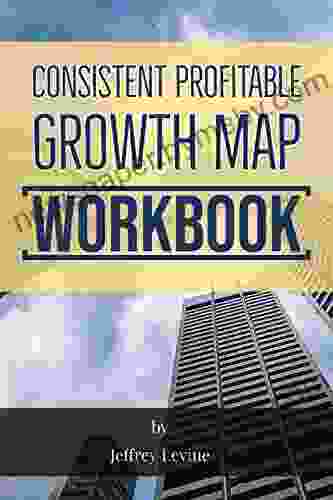
 Jermaine Powell
Jermaine PowellThe Ultimate Guide to Unlocking Consistent Profitable...
Introducing the 2nd Edition of the...
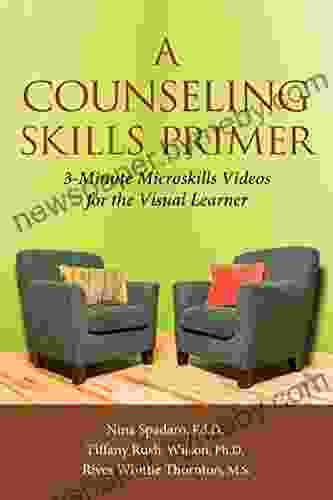
 Yasunari Kawabata
Yasunari KawabataMinute Microskills Videos: The Ultimate Guide for Visual...
Unlock Your Potential with Bite-Sized Video...
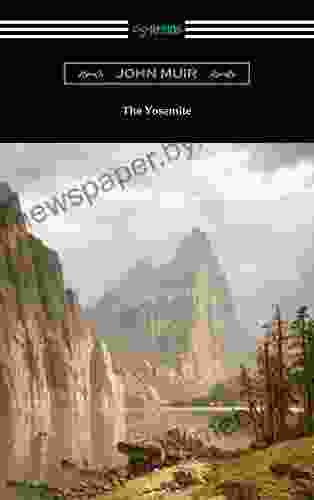
 Nathan Reed
Nathan ReedUnveiling the Wonders of Yosemite through John Muir's...
Immerse yourself in the breathtaking beauty...
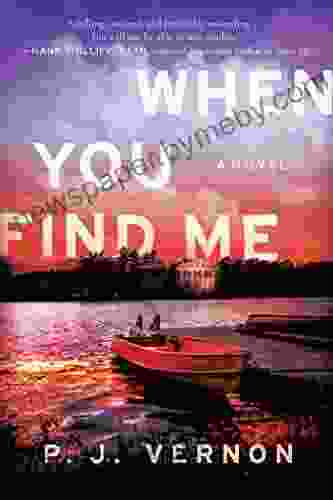
 Gabriel Garcia Marquez
Gabriel Garcia MarquezWhen You Find Me Novel: A Gripping Mystery Unravels
In the sleepy...
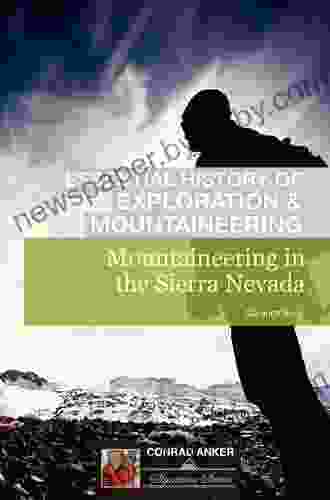
 Esteban Cox
Esteban CoxMountains of California: An Essential History of...
From the towering...
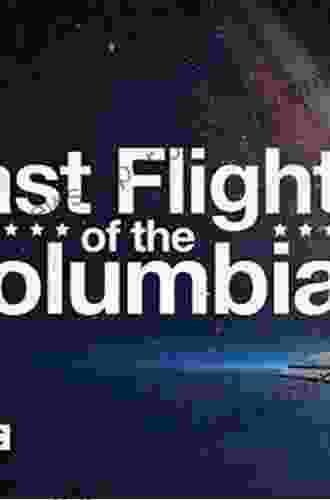
 Devin Ross
Devin RossComm Check: Unveiling the Heartbreaking Final Flight of...
Comm Check: The Final Flight of Shuttle...
4.5 out of 5
| Language | : | English |
| File size | : | 3349 KB |
| Text-to-Speech | : | Enabled |
| Enhanced typesetting | : | Enabled |
| Word Wise | : | Enabled |
| Print length | : | 450 pages |
| Lending | : | Enabled |
| Screen Reader | : | Supported |


